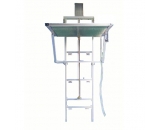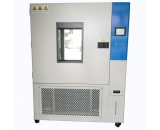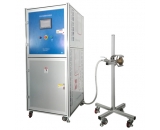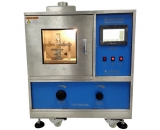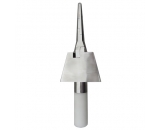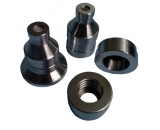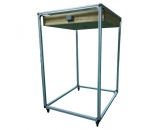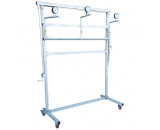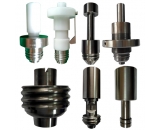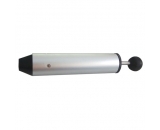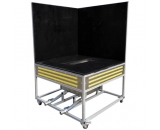|
|

楼主 |
发表于 2008-10-6 10:40
|
显示全部楼层
不错,答复得挺详细。. v$ Y% W; e- }
& d+ T. J' {& m. ?
“此电源在此额定电压下的内部阻抗为3欧,如果没有3欧,则要外接电阻,否则有可能烧坏待测设备。“如何理解?7 M- K, `4 G% r: H" M
对于普通的电源为何还要定义内阻?出发点是如何考虑?
# M$ j) z6 X5 Y! o- d& E' g# C, r# Z+ M- E
, @( N- \: P/ V" O ^% A$ b; O7 y8 E
! x3 H& X/ e$ U F引用第7楼ljh809809于2008-10-02 12:53发表的 :
" h( y! Z' V, e( }我的观点:
X% v3 _5 w, x, i. ^* B& z1. 此设备可以认为接supply apparatus for general use.
) `2 |+ Q, n% V1 `; x% j做正常温升时,根据cl 4.2.11 of IEC60065, table 2.
# G' n3 j2 ^3 c G/ H+ B1 {此设备的额定输入电压为5V d.c., 由于表中只有4.5V 和6V,而不能用插值法,故取6V额定电压,我们取与6V额定电压对应的标称空载电压9V(nominal no-load voltage), 这是根据标准中:The values of no-load voltage given in table 2 are subject to the under-and -over-voltage prosions specifed in 4.2.1. 那么做正常温升测试时的上下限电压分别为9 x 1.1=9.9V, 9x 0,9=8.1V. 值得注意的是,此电源在此额定电压下的内部阻抗为3欧,如果没有3欧,则要外接电阻,否则有可能烧坏待测设备。, w; l& ^: r1 ~6 @
做非正常测试时,根据4.3.15: using a test power supply as specified in table 2 step by step upwards, startign with the value one step above the value specified for the rated supply voltage of the apparatus under test.
1 O4 ]' q- m4 X; \....... |
|



 窥视卡
窥视卡 雷达卡
雷达卡 发表于 2008-9-27 16:29
发表于 2008-9-27 16:29
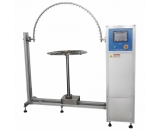

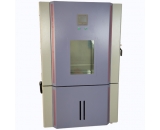
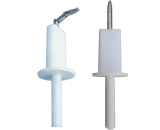
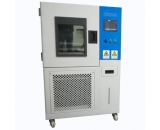
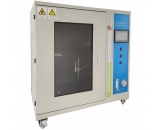
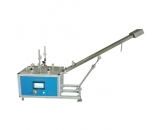
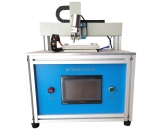
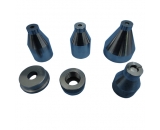
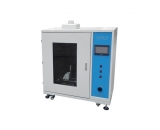
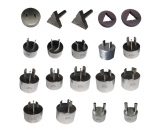
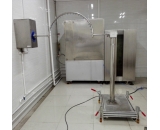
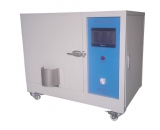
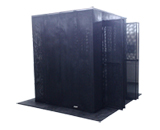
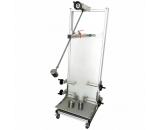
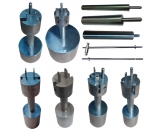
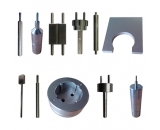
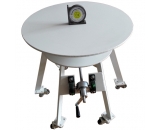
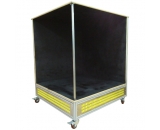
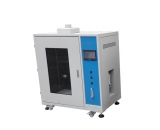
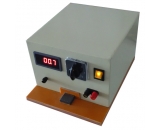
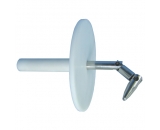
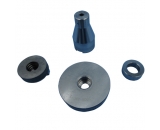
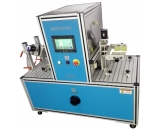
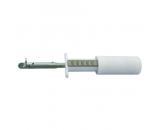
 提升卡
提升卡 置顶卡
置顶卡 沉默卡
沉默卡 喧嚣卡
喧嚣卡 变色卡
变色卡 抢沙发
抢沙发 千斤顶
千斤顶 显身卡
显身卡 是啊,做哪个产品的认证呢?
是啊,做哪个产品的认证呢? 楼主
楼主


